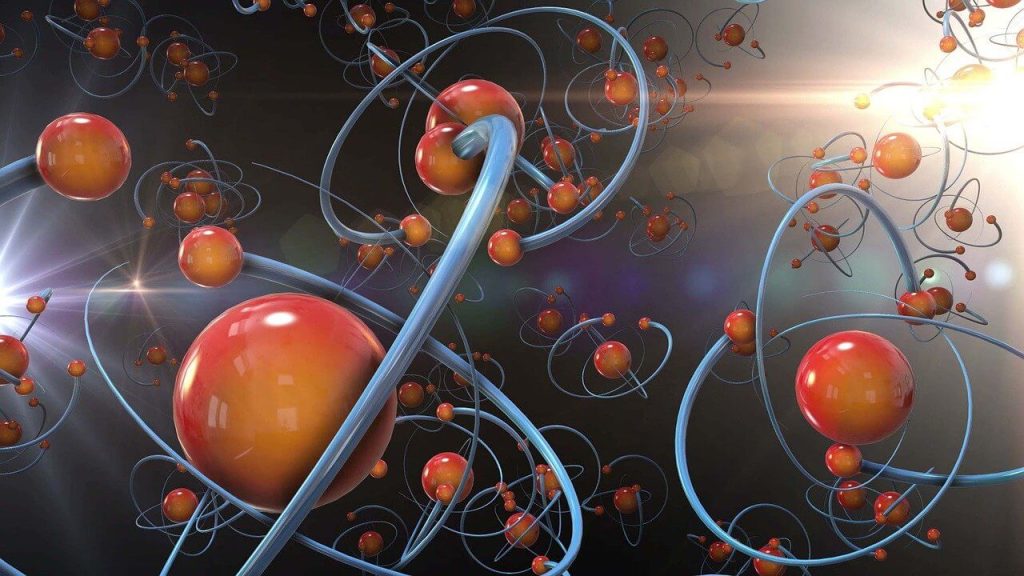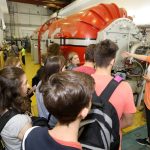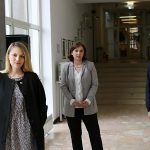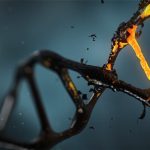While Ivo Andrić’s Nobel Prize in literature is debatable whether it serves the national pride of Croatia, Serbia, or Bosnia and Herzegovina, the two Nobel prizes that are unquestionably for Croatians to brag about come from chemistry.
Croatian chemist Vladimir Prelog won the Nobel Prize in 1975 for his work in organic stereochemistry.
As the Ruđer Bošković Institute reported this week, Ph.D. candidate Natalija Pantalon Juraj and dr. Srećko Kirin provided new descriptions of isomers (focused on metal complexes), and their work is published in a prestigious Coordination Chemistry Reviews [IF2020: 22.3] journal, titled „Inorganic stereochemistry: Geometric isomerism in bis-tridentate ligand complexes“.
„The basis of the research was the analysis of structure from crystallographic database“, added IRB.
IRB explained in a press release that stereochemistry is focused on describing the order of atoms in three-dimensional space and compounds of equal molecular formulas, but that differ in the spatial order of atom placements are called isomers.
Prelog took an interest in organic stereochemistry (organic, being interested in compounds with carbon), and while organic stereochemistry has good ways of synthesizing the preferred isomers, the same isn’t the case for inorganic (non-carbon compounds) chemistry.
While it is unclear if this work will be awarded and recognized among the international scientific community as much as Prelog’s contribution, Pantalon Juraj and Kirin made some progress in advancing inorganic stereochemistry.
„Analysis of data presented in this paper shows trends in coordination properties of various ligands (ligand being an ion or molecule ‘functional group’ that binds to a central atom to form a coordination complex), thus answering the question of which ligand to choose and design a system to get a wanted isomer“, says IRB regarding the relevance of the research.
The detailed analysis also revealed stereochemical preferences that vary on various factors, and these findings are important for developing new functional coordinating complexes and also new selective catalizators to speed up the reactions.
This research was funded thanks to the Croatian Science Foundation as part of the project „Minimal Artificial Ensims“ (IP-2014-09-1461 and DOK-2015-10-2072), and “CAT Pharma” (KK.01.1.1.04.0013).
Learn more about Croatian inventions & discoveries: from Tesla to Rimac on our TC page.
For more about science in Croatia, follow TCN’s dedicated page.











